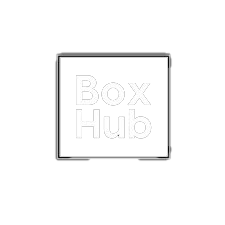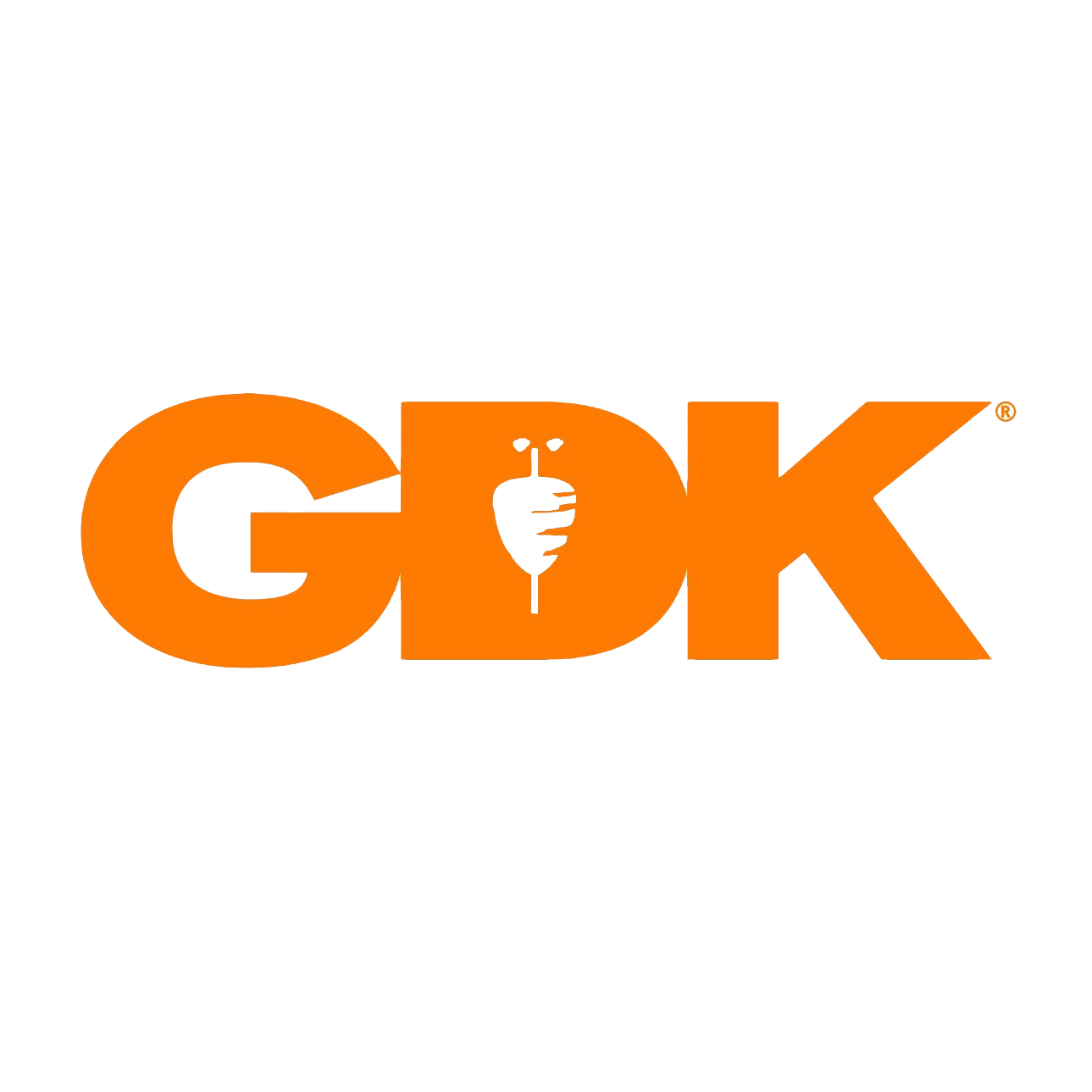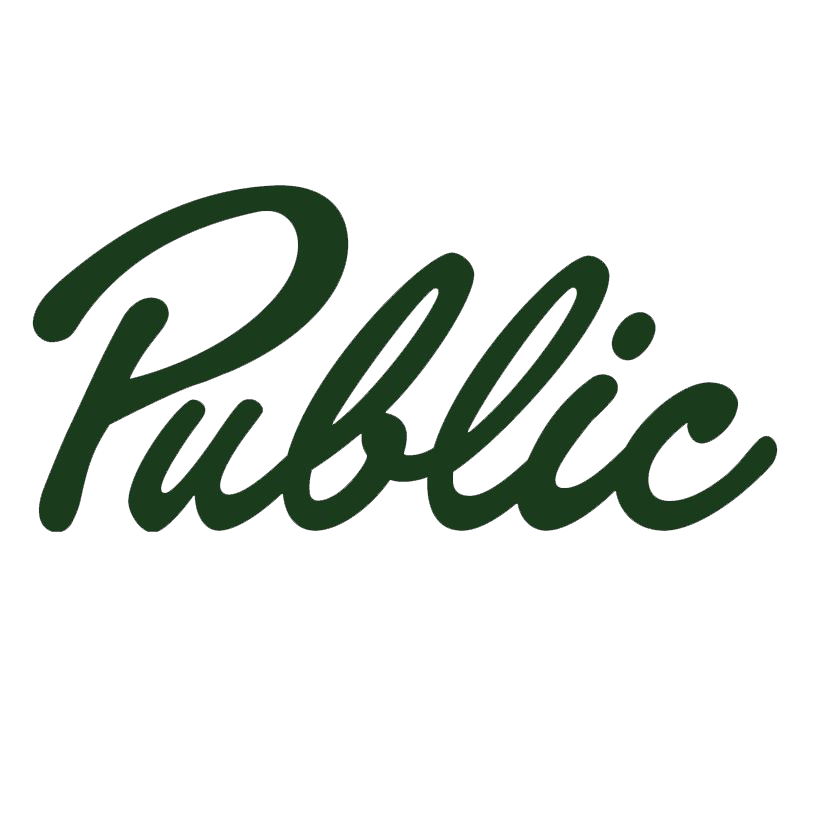
Why On-Page SEO Matters for Your Business
Effective on-page SEO helps you tailor your content to targeted keyword groups, improving your chances of ranking in search engines. High-quality content and well-structured pages increase user engagement, while strong meta titles and descriptions improve your click-through rate (CTR). A higher CTR signals quality to Google—and that can mean better rankings over time.
Trusted by Glasgow’s Finest
We’ve helped some of Glasgow’s most respected brands grow their online presence and dominate local search.






The Foundation of Search Success
On-page SEO refers to all the elements you can control directly on your website—things like content, meta tags, headings, images, and internal linking. These elements help search engines understand what your pages are about and why they should rank for specific keywords. Done right, on-page SEO builds relevance, improves user engagement, and increases your visibility in search results.

Our Proven On-Page SEO Process
We’ve refined our on-page SEO approach over the last 6+ years based on what actually works. Here’s how we do it:
Meta Tags
Meta tags like titles and descriptions don’t appear on your site but tell Google what your page is about. If written poorly, Google may rewrite them. That’s why we create engaging, keyword-rich meta tags that entice clicks and accurately reflect your content.
Title Tags
Description Tags
Headings & Hierarchy
Google relies on headings (H1, H2, etc.) to understand your page structure.
H1 Tags
Subheadings (H2–H6)
Images & Alt Text
Images improve user experience, but only if optimised.
File Names
Alt Text
Compression
Word Count & Content Depth
Content length should match user intent. For most topics, long-form content (300+ words) performs best.
Internal Link Architecture
Internal linking guides users and search engines to your most important content.
Navigation
Anchor Text
Keyword Research & Clustering
We don’t just guess what to rank for—we research it.
Using tools like Ahrefs and SEMrush, we analyse keyword volume, competition, and user intent. Rather than focus on just one keyword per page, we use keyword clustering to target groups of related terms. This makes your content more comprehensive and more competitive.
True Keyword Density
Standard SEO plugins like Yoast use flat keyword density metrics. We go deeper.
True Density involves analysing the actual language used by top-ranking pages, identifying not just primary keywords but supporting terms. We ensure your content mirrors what Google expects to see, while maintaining a natural tone and great readability.